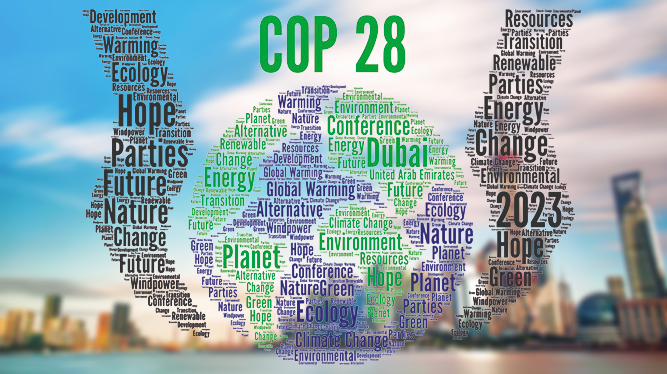
- Unfulfilled promises from COP27 further fuel concerns, with wealthy nations committing to a fund for climate disaster compensation, but progress remains sluggish.
- Developing countries, already facing the consequences of climate change they did not cause, approach the talks with scepticism.
- As the world watches COP28, genuine commitment and action are imperative to address the escalating climate crisis threatening our planet.
The COP28 summit in the United Arab Emirates underscores the formidable challenges we confront in addressing climate change. Leaders from across the globe convene amidst a prevailing sense of disappointment, as rising emissions and unfulfilled commitments cast a shadow over the event.
Despite the rhetoric on reducing pollution and transitioning away from fossil fuels, emissions have reached unprecedented levels this year. Promises of financial aid from affluent nations to support the transition of poorer countries away from coal and oil remain largely unfulfilled. The complexity deepens with the host country, the United Arab Emirates, being a significant oil producer accused of engaging in oil deals during the summit.
This year, marked as the hottest on record, imparts a sense of urgency to the discussions. Despite some progress since the 2015 Paris Agreement, the overall outlook is bleak. The United States’ simultaneous increase in crude oil production and investment in renewable energy, and China’s construction of new coal plants alongside their reputation for electric vehicles, contribute to ongoing emissions.
Scientists unequivocally emphasize the urgent need to significantly reduce greenhouse gases this decade to avert the most severe impacts of climate change. Challenges in the design of U.N. climate summits exacerbate the situation, with the need for every country to agree on a non-binding deal, allowing one nation to block progress.
Despite these challenges, the COP process remains crucial as a platform where leaders collectively address the global climate crisis. While progress occurs outside these summits, such as the U.S. passing significant climate legislation, the slow pace at COP can be frustrating.
This year, tension is heightened due to the host country, the United Arab Emirates, being a major oil producer. The summit president, Sultan Al Jaber, leading the state-owned oil company, raises concerns about potential conflicts of interest, compromising the summit’s credibility.
Unfulfilled promises from COP27 further fuel concerns, with wealthy nations committing to a fund for climate disaster compensation, but progress remains sluggish. Developing countries, already facing the consequences of climate change they did not cause, approach the talks with scepticism.
In Dubai, leaders will discuss progress in limiting global warming. Recent agreements between the U.S. and China provide a glimmer of hope, but challenges persist. The late Saleemul Huq, attending every COP since 1995, emphasized the responsibility of global leaders for climate justice.
As the world watches COP28, it stands at a critical moment demanding more than mere words. Genuine commitment and action are imperative to address the escalating climate crisis threatening our planet. Understanding the challenges, progress, and tensions at COP28 underscores the complexity of the climate crisis and the urgent need for global action.
(Srijan Kumar is currently pursuing a PhD in South Asian studies from Delhi University. He is a writer and a columnist for various digital media houses. Opinions expressed are the author’s own)
